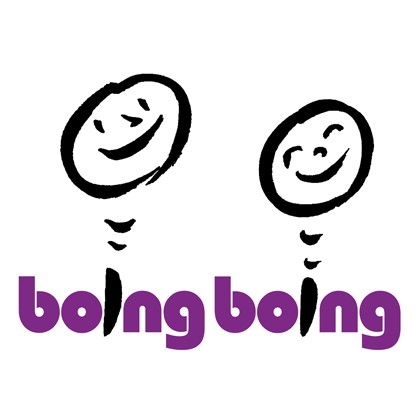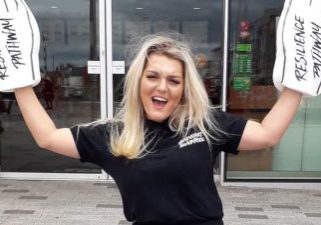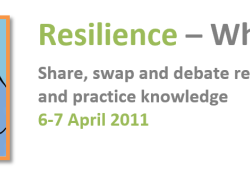Boingboing blogs from… the Resilience Forum!
The Role of Methodical Empathy in the Resilience Framework – Yehuda Tagar, Brighton Resilience Forum – Weds 24 February 2016
by Becky, Boingboing volunteer and blogger
It was a bold choice to nominate me, a former experimental ‘poke-em-in-a-lab-and-see-what-happens’ psychologist, to write a meaningful and thought-provoking blog on a nuanced psychotherapeutic approach, steeped in a load of history and philosophy that I must confess I haven’t actually read. But then I look at Angie and think, “Well at least I’m not having to manage the expectations in the room!” and go back to quietly taking my notes.
As always we had a lovely bunch along to listen intensely to our speaker – fairly diverse in terms of occupation, but a lot of knowledge and experience, and when we went around the room introducing ourselves, there was a sense that we had a lot in common and many connections could be made between us. People wanted to explore new ideas and models to refresh their work, take the opportunity of a free space to reflect on their practice, and think about their own and others’ wellbeing, before going back to their work as teachers, practitioners, people strategists, therapists, academics, community and social workers.
Yehuda Tagar, assisted by colleague and fellow therapist Tessa Martina, was here to convince us of the value the Methodical Empathy approach, which draws on the transformative power of theatre, as well as various counselling and psychotherapeutic theories, and resonated for some with mindfulness-based compassion and meta-cognition. With empathy as its core tenet, the technique is designed to cultivate self-empathy in order to better see, hear and know those who we support. Apparently getting distance and perspective on the self can give a different meaning to our own suffering, and help to compensate for the increasing loss of social cohesion experienced by many in today’s society. A sort of physician heal thyself first deal.
Yehuda, who by his own admission never gives the same talk twice, is charismatic and almost evangelical in his enthusiasm. In a space that is usually more given over to practical moves that can be made in people’s life and work, it was at times quite abstract and theoretical. Angie’s quick break to take a read of the room revealed that some were fascinated, some were befuddled, and some were desperate for something more concrete.
The session culminated in a (possibly ‘marmite’ depending on your own preferences) practical visualisation exercise where we were asked to work with a ‘common intention or wish’ to imagine ourselves in a position of trying to help someone in a hopeless situation, and how it made US feel in our bodies (apparently a new way of sensing). It wasn’t meant to be pleasant and after a short while we were asked to make a spontaneous shape with our hands. We then had to step outside ourselves by physically standing up, look back at the visualisation of the shape we made and name how we were feeling in that moment. This was to give us perspective and let our brains catch up with the ‘body memory’, before sitting down and looking back at our poor old hopeless mate through new eyes. The aim of acknowledging the pain was to change it, potentially making us the healer of our own blocks, and although only a brief exercise, some reported feeling a shift in their perception of the person they were imagining. I’m normally pretty bad at mental imagery (not to mention cynical), but I managed to imagine myself holding my own hand to convey support, the physical sensation of which stayed with me until I picked up my pen again to start taking notes. But then I am one of the people who got stuck to their sofa by Derren Brown in 2009.
Yehuda offered to come back next year and lead a more practical master-class with a live demonstration of his approach in action. Caught up in the moment I volunteered to be the client, partly because I’m interested to see how Methodical Empathy might work with someone like myself who has Asperger’s and alexithymia (emotion blindness), although he might prefer a more straightforward case-study!
If you attended this Resilience Forum expecting an elevator pitch that you could go home and give to coworkers, you might have to work in an extremely tall skyscraper to have time to get it all across. Some of us went for a cuppa afterwards, during which we attempted to extract a pithy take home message from Yehuda and Tessa around which I could frame my blog post. I guess in summary, the message might be that we should take what we find useful in an approach, even if it doesn’t resonate with us as a whole. Drawing from a range of approaches as part of a toolkit, like we do in our Resilience Framework, can be very effective when working with a range of people with different needs. Yes, empathy is very important in our work and our personal lives, but perhaps we all also need to check ourselves for evangelicalism when talking about our approaches, in case they stop us from hearing, seeing and knowing those we are trying to support. Yes, other Boingboingers, you know who you are, I’m looking at you!


